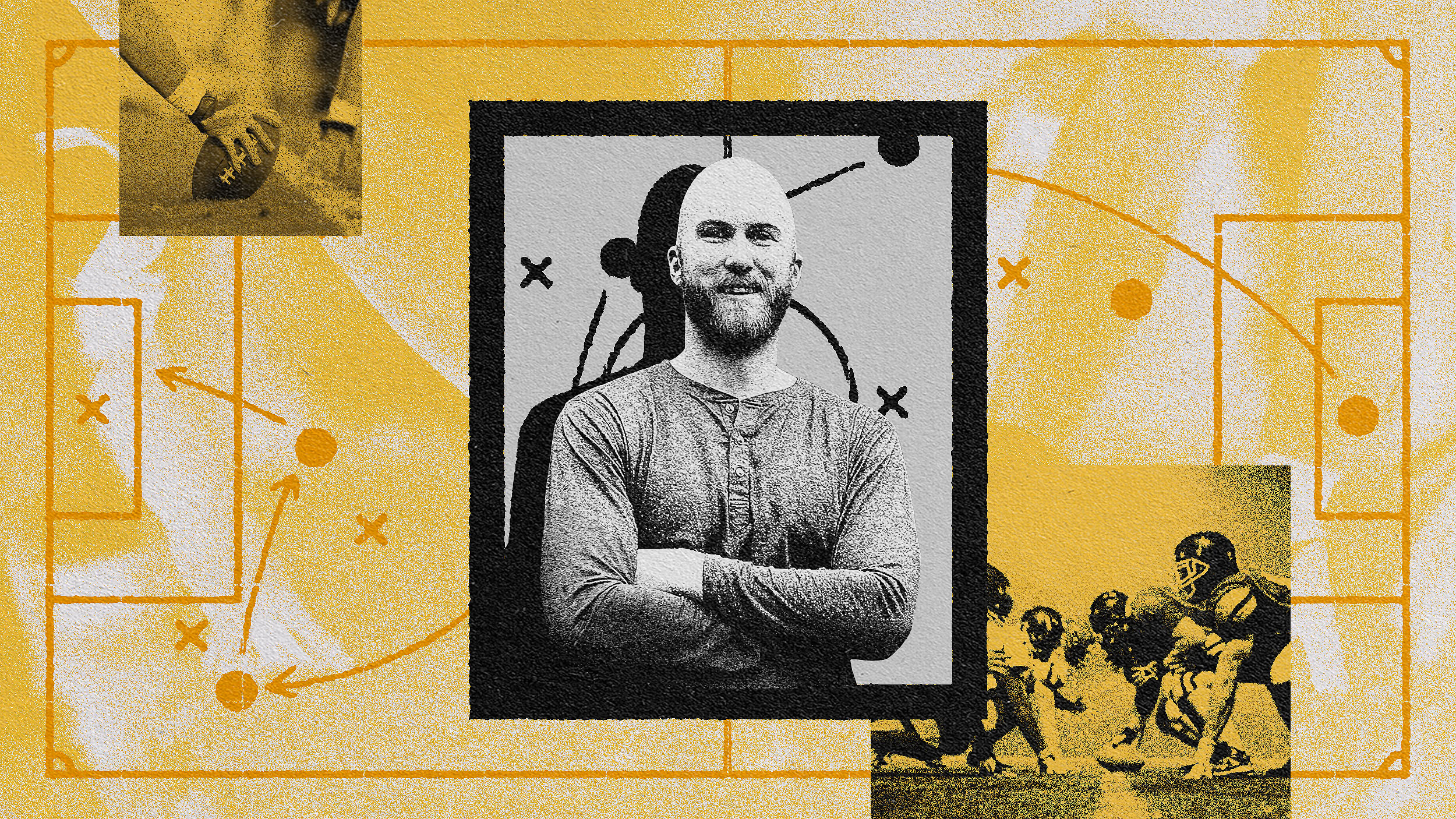DAN CABLE: I can tell you that being playful and being curious are the root of innovation. There appears to be a part of our brain called the ventral striatum, that's the technical term, or you also could call it the seeking system. And this system is urging us to explore the boundaries of what we know. It's the new and it's the desire to learn. This onboard, innate part of our brain we can think about stimulating it, we can think about activating it. For example, when the seeking system is activated it releases dopamine into our body. Dopamine is a neurotransmitter that makes us feel more alive. Literally the feeling of zest or enthusiasm or curiosity wells up within us and it's an innate feeling. It's intrinsic. What might be interesting is to think about what are some ways that leaders can stimulate that part of the brain, and I think that there are three different approaches that they can use.
One of the ones that is probably the easiest is experimentation. And by experimentation what I mean is playing with the boundaries of how we usually do things to try to understand if we can create a better effect. Now Google has moved away from this in recent years but this early movement of giving people 20 percent of their time just to play around, this is something that 3M is still doing, 15 percent of engineers' time is bootleg time where they're not supposed to work on their regular job. They're supposed to experiment and play around with the edges. And we know that this is where a lot of these innovations come out. Like Google Maps or Sticky Notes. A lot of these come out of not a senior leader saying do it this way. But a senior leader saying play around. See what your interests are and where they take you. So I would call that a leadership practice or a leadership mindset that allows for the space to develop, to play, to invent, to create.
In addition to experimentation this idea about understanding our strengths and playing to our strengths. For humans this idea about identity and what is my potential and what am I capable of while I'm on the planet, that seems to be something that is an ignition switch. It makes us enthusiastic to try. It makes us want to pursue the potential that we have within us.
And then the third activator of the seeking system is this concept of the why of the work. Again this urge within us is to understand the cause and effect of our actions. But so many of us at work don't really ever get to see or feel that final effect. And so ways that leaders can help personalize the purpose is this third activator. And I'll give you one story about that. I can steal this story from Adam Grant. He looked at call center operators. But in this one they were not trying to solve problems. They were asking for money. They were fundraisers. And what he did is he randomly assigned half of the fundraisers to a condition where they just got to meet a student. And it was a recipient of the scholarship money and this student sat with them and said thank you – ten minutes. He said thank you, I just want to appreciate what you do. He goes, I couldn't afford school without you. I'm basically here because of you. And then they just had a chance – ten minutes to chat with that person about what classes he or she was taking or trips that he or she may have taken. And then they went away and there were no group hugs, it wasn't a tearful exchange. But what's interesting is after those people went back to work they were making on average three times more calls. Each of those calls was on average making about twice as much likelihood of getting money. So what they found is by increasing the personal connection with the recipient of the work they were able to highlight the purpose and they were able to energize these people. They were to activate these people to not only make more calls and have more stamina at the rejection but also be more effective with each call.
Most of us onboard in the way that Henry Ford would have. We get them right into the job right away because we want efficiency. We want to get people up to speed quickly and there's not a wasted minute so it's job, job, job. And what's interesting is if you start with humanity and you start with you're a person, there are probably things about you that are unique that we should know about. Why don't we start by socializing some of the ways that we're unique and that we add value to the team. And I think by humanizing that relationship it's so simple but it actually stands out as being rare.
Dan Cable is Professor of Organisational Behaviour at London Business School. Dan's research and teaching focus on employee engagement, change, organizational culture, leadership mindset, and the linkage between brands and[…]
Play and experimentation are the keys to creativity and innovation.
▸
5 min
—
with
▸
5 min
—
with
Related
Ditch the old brain vs. heart assumptions, and instead think about a heart-led brain.
The sober reality behind the effectiveness of two new drugs touted as Alzheimer’s breakthroughs: lecanemab and donanemab.
Eric Olson — CEO and co-founder of Consensus — takes his cues from the university of legendary coaches.
Memories aren’t mental recordings, but pliable information we can use to better manage the present and conjure future possibilities.





